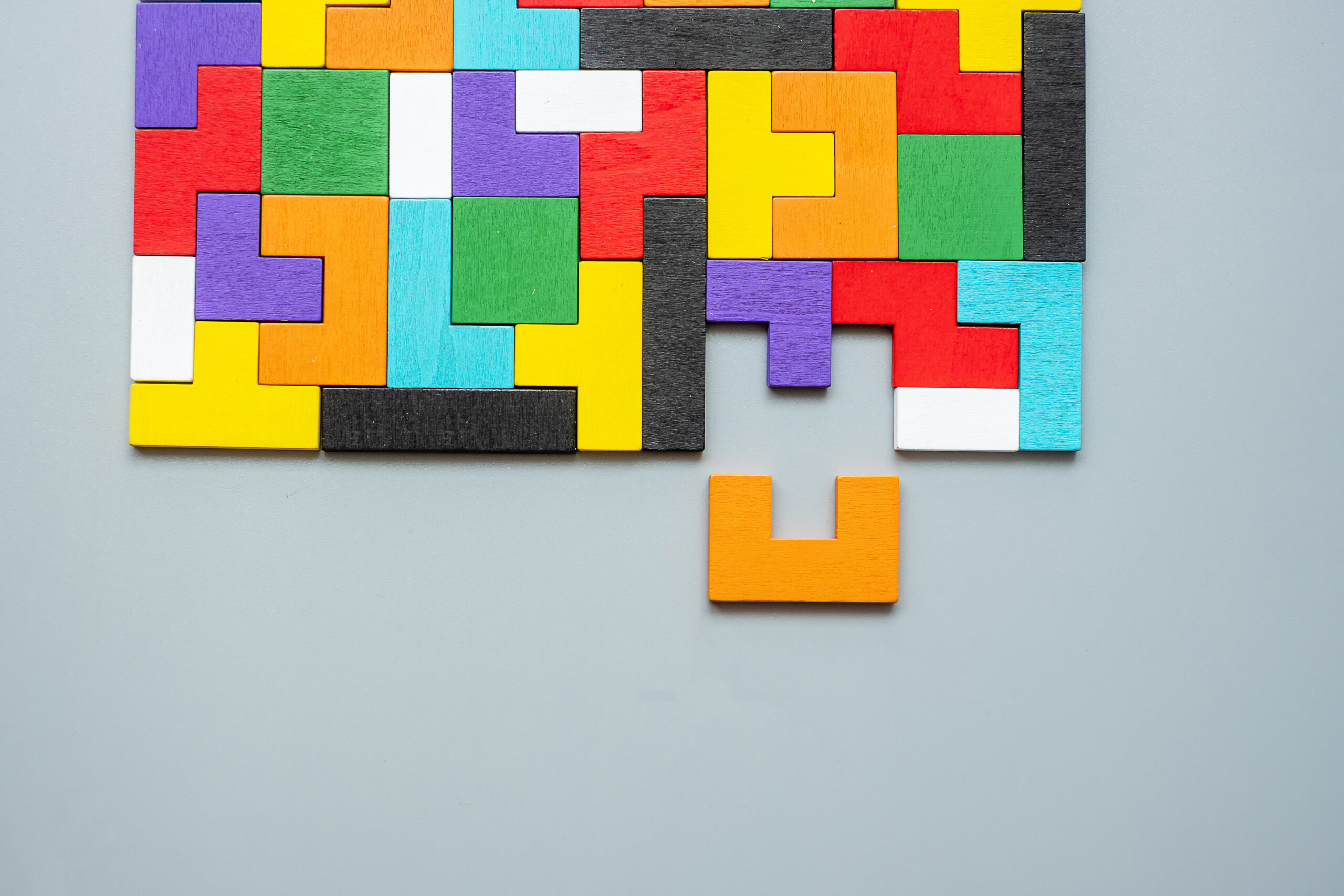Nostalgia is a comfortable tool. Everything was better when we were younger, or so it seems. Just think of a time when you were younger and playing your favourite game. Were you happy? Did you have fun? Was life easier then? Probably. At least this is how we remember it. I am not going to get into the fallacies of our memories and how bad we actually are at remembering here. Because this time it might help us.
So back to what you were imagining you were doing as a kid. There is one thing we did every time all the time – playing! Everything was a game. Did you analyze the situation and think about what you just learned? I assume you did not, you focussed on the fun and the play. The learning happened automatically.
At some point we “grow up” and most of us stop playing. Not a thing we do anymore, at least not in these serious businesses that we are doing now day in And day out. Play and Fun is something for the after-hours or the weekend.
A few years ago, a fun-damental shift happened. Pun intended! At some point, somebody stood in a board room with a box full of Lego bricks. And they let their participants play! A scandal! Are they mocking us? We’re dealing with some serious business here. What are they thinking? That we are here to … Oh wait, this really is fun!
Lego Serious Play opened up new opportunities for how we can express ourselves in workshops. And it pushed the door wide open for more playful approaches to learning, strategizing and planning.
Wikipedia describes play as a range of intrinsically motivated activities done for recreational pleasure. And how much fun is left in our workdays nowadays? So we take the opportune chance to do something we feel is good for us. After all, this is what we remember from our childhood, right? With play, the fun returns to our offices! Play opens up doors to connect to our colleagues, it reduces our stress levels and boosts our creativity? But play also opens up a playful path to mistakes. As a child play is how we learn and explore the world.
So why are we feeling so awkward in the beginning actually playing in a work setting? Because we’re not used to having the possibility, the chance and the agency to do, what is fun and easy at work! The older we get the less we play and the more we use our logical and rational brains to understand and grasp the world around us. We solve our problems with our minds rather than our intuition. And the easier a solution looks the more we question it! The dissonance creates an uncomfortable feeling.
And because we don’t experiment anymore, mistakes feel like a failure. How should we deal with them? Rationalize them away! Most of us really don’t like to fail. It is uncomfortable and connected to the fear of serious reprimands. But focussing on the failure will only get us so far.
Mark Rober, a former NASA engineer and now science YouTuber calls this the Super Mario Effect. From his experience with the popular video game, he conducted an experiment. He found that when you are just informed that you made a mistake and you don’t have to fear sanctions, you will go further. But if you focus on the failure to avoid punishment you will give up earlier.
We progress by focussing on the goal rather than avoidance. In the words of Mark Rober: “focussing on the princess and not the pits, to stick with a task and learn more”. Because we are driven by positive behaviour rather than just driven away from a bad experience. Nobody likes to feel miserable. We would rather feel good! Where can this endurance lead us? Very far out into the waters of experience.
Nils Bohr said: “An expert is a person who has made all the mistakes that can be made in a very narrow field.” If we are punished when we make mistakes how should we become experts? When mistakes happen – and they always do – we learn from them and get better from the experience.
So I want to make a suggestion: What if we included a new value in our chartas? What if we encouraged curiosity and a proper culture for mistakes and failure? What if we went at it with the assumption that everybody tackles a problem with positive intent? When we wouldn’t need to fear punishments and can explore whatever our curiosity makes us try? When we’re “Failing and failing and failing and eventually succeeding to the point where it finally holds value”? Well, I’d say at least the little Italian plumber would free his princess and we would go to work happy!

